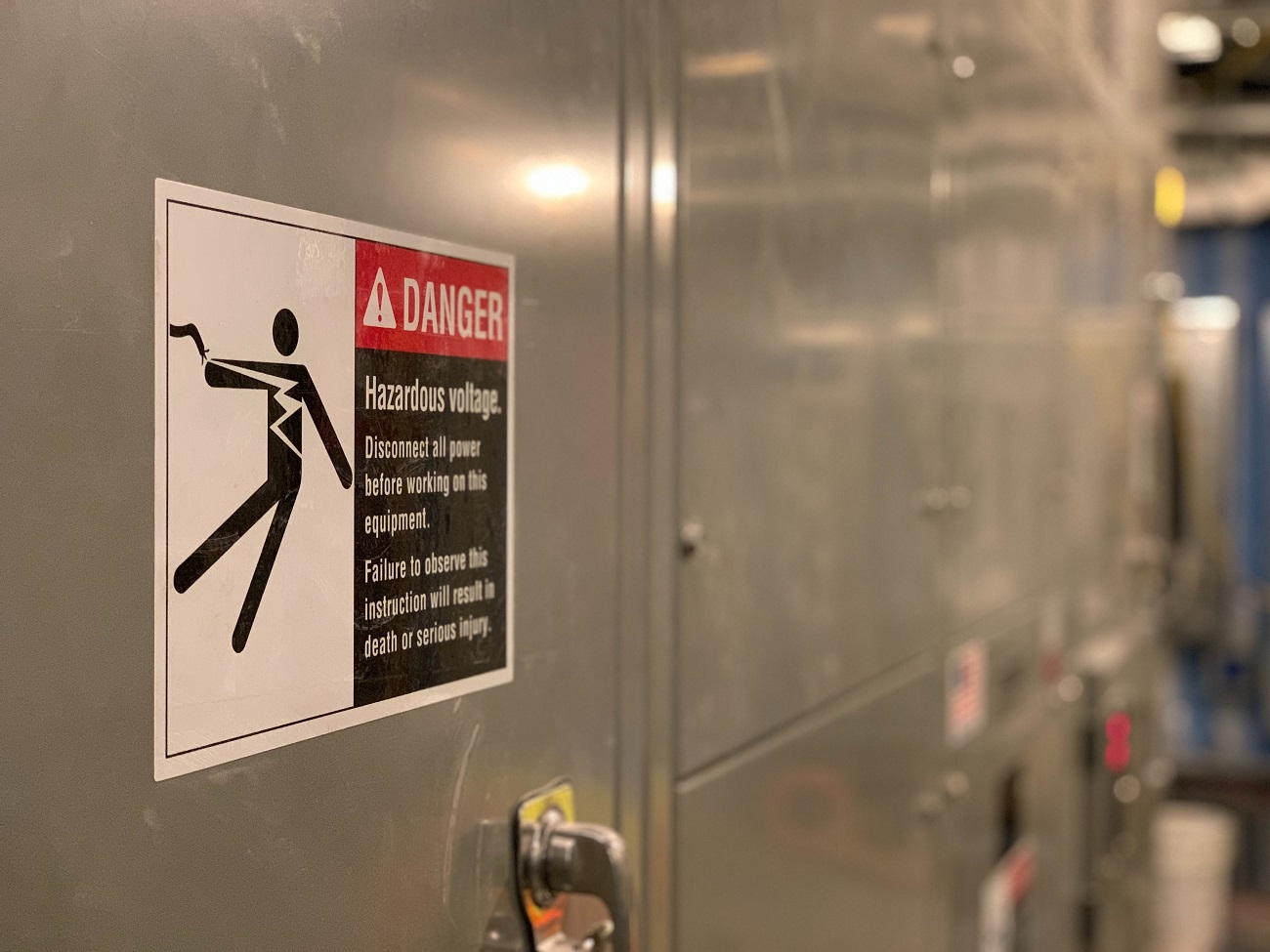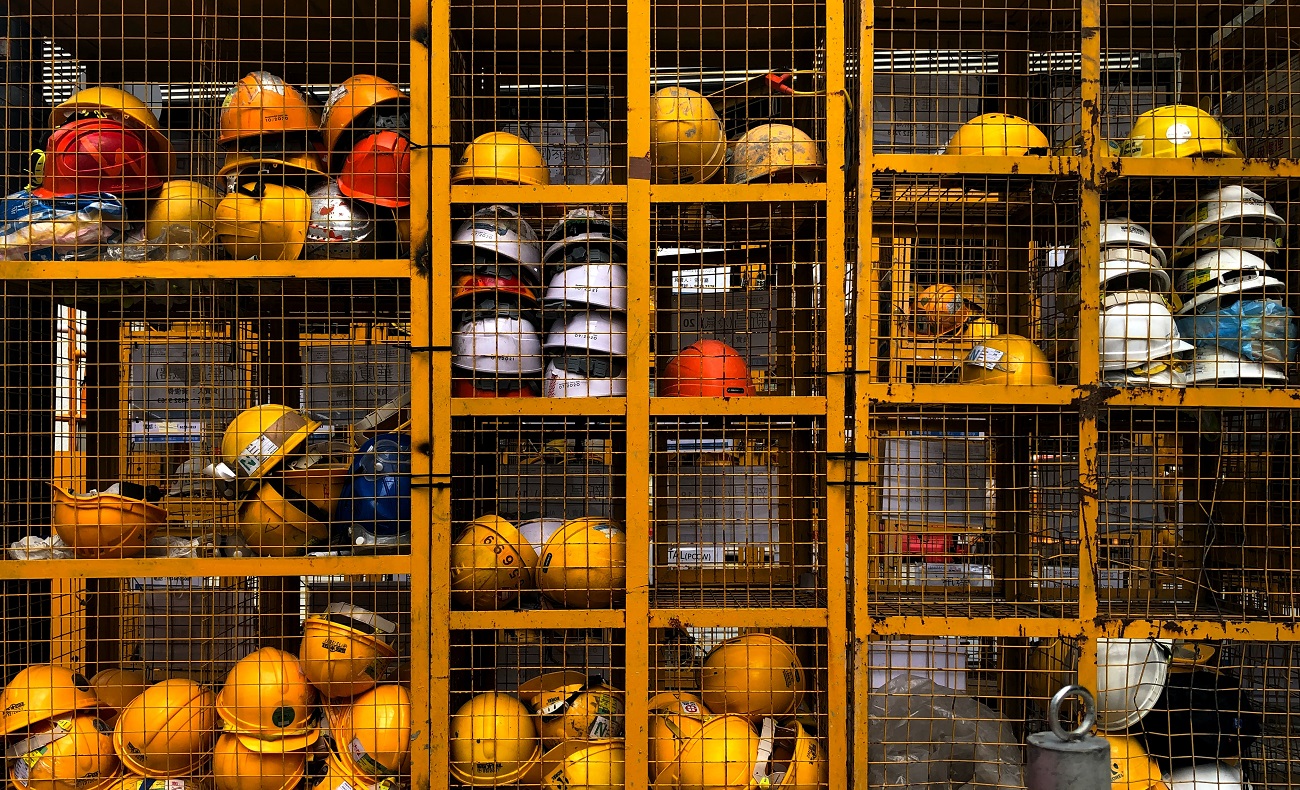
Disclaimer: UK Safety Management aren’t qualified to give legal advice, you should always get professional advice within legal matters
Whether you have just started or are considering starting out as a landlord, working out what legal obligations you have can be a real difficulty.
We decided to do the research and create a complete guide on what is important for landlords, meaning you can progress without worrying if you’ve missed anything.
This article will provide you with all the health and safety, need to knows for UK landlords.
Index:
When it comes to renting out a house it is your responsibility to make sure you meet Health and Safety regulations to keep your occupants safe, failing to do so could result in repossession, injury or worse.
When going through your health and safety regulations it is important to make sure that you are meeting each category.
Landlord Gas Safety
Gas is used in most homes within the UK whether it is for heating, cooking or something else as a landlord you have to make sure that it is safe.
To make sure that you are meeting all Gas Safety regulations within your rental you must:
- Ensure that any gas equipment supplied is safely installed and maintained by a competent engineer who is Gas Safe registered.
- Have annual gas safety checks on all appliances and ducts conducted by a registered engineer.
- Supply any tenants with a copy of the gas safety check records before they move in or within 28 days of a check.
Landlord Fire
Before you rent out a property you have to make sure that everything provided meets fire safety regulations and that the property will be safe in the event of a fire. To make sure you are meeting all your requirements you must:
- You must ensure that every floor has its own working smoke alarm and that all rooms with solid fuel-burning appliances have a carbon monoxide alarm.
- Ensure that your tenants have accessible escape routes from anywhere in the building at all times.
- Ensure that any supplied furnishings/furniture meets fire and safety standards.
- Everything above should make sure you are meeting regulations however it is important that you check that you are following fire safety regulations: (The Housing Act, Furniture & Furnishings, The Regulatory Reform Order, Smoke & Carbon Monoxide Alarm Regulations and Building Regulations).
If you are in need of a Fire Risk Assessment, don’t hesitate to get in touch.
Landlord Electricity
Any building that is rented out within the UK has to be checked to ensure that it is up to standards. To make sure that your property is up to standards you must:
- Any appliance that you have supplied is safe such as kettles, toasters, and ovens.
- Ensure all the electrical systems are safe including sockets and light fittings.
Our team of skilled electricians have vast experience carrying out electrical installation works in all manner of commercial and industrial projects. Whether it be minor dilapidation works or brand new commercial shop fit out installations.

HMO Health and Safety
Houses in multiple occupations (HMOs) require further health and safety regulations to ensure that it is safe for their occupants. If your house has 5 or more individually rented rooms it classifies as a HMO (If you have less than 5 rooms check your local council’s rules as this can change depending on your location).
To ensure you are meeting Health and Safety rules for a HMO you must comply with the Management of Houses in Multiple Occupation (England) Regulations 2006. This means that you will have to:
- Ensure that any fire precautions are maintained and that steps are taken including removing any obstructions to ensure tenants are safe.
- Electrical installations and appliances have checks such as PAT testing to make sure that they are safe.
- Maintain, repair and keep clean all shared installations and areas including making sure that they have adequate lighting.
- You must provide sufficient waste disposal and that it is collected regularly
- As a HMO owner, you must send a copy of your Gas Safety Certificate to the local authority every year and if requested by your local authority you must be able to provide it.
- Ensure that your HMO has fire doors, fire blankets, and fire extinguishers.
- Install specific door handle and lock types.
- Supply adequate fire and CO2 alarms depending on the size of your HMO.
It is crucial that you check with your local HMO Enforcement Officer to ensure that you have met all local and national requirements.
Flat Health and Safety
Similar to HMOs large flats are seen as a larger risk than normal rental housing, because of this if you are renting a flat out there are certain requirements that you must meet:
- You must conduct risk assessments within communal areas to ensure that they are safe for any tenants and workers (this includes gardens, plant rooms, meter cupboards and more).
- If you require window cleaners or anyone to work at heights you must ensure that they can conduct their job safely
Again you should check with your local enforcement officer to check your requirements and ensure that you are meeting them.
Landlord Health and Safety Scotland
Finally, it is important to be aware that Health and Safety regulations in Scotland aren’t the same as the rest of the UK. Some of the extra regulations that are required within Scotland are:
- You must supply a functioning smoke alarm in rooms that are used for living within the daytime as well as fitting a smoke alarm in all hallways and landings with a heat alarm inside the kitchen
- All alarms must also be wired and interlinked to each other
- You must conduct electrical safety inspections with an EICR periodically.
It is essential that as a landlord you follow all of the health and safety requirements to keep your tenants safe and avoid any potential repercussions. Once you have completed can checks it is important you store any certificates and records so you can supply them if needed.
The more steps you take to protect your tenants the more you are protecting your asset (your property) and future-proofing your investment allowing you to rest assured if anything did occur everyone would be safe.
Now you know what regulations and requirements you have to meet as a landlord in 2020 you can go and apply them to your building. You should also check with your local enforcement officer that you are meeting all requirements including national and local regulations. If at any point you are unsure, we have friendly people ready to help you, so please get in touch!

